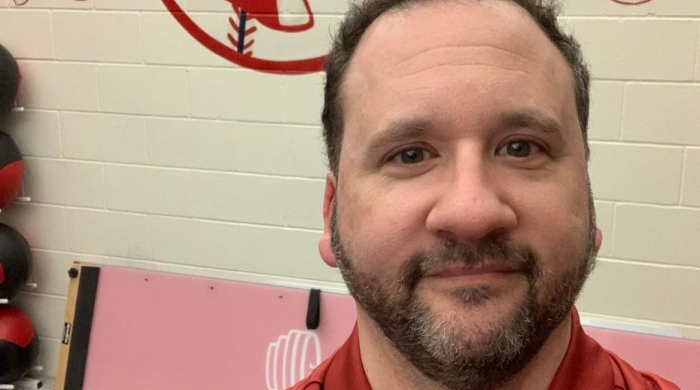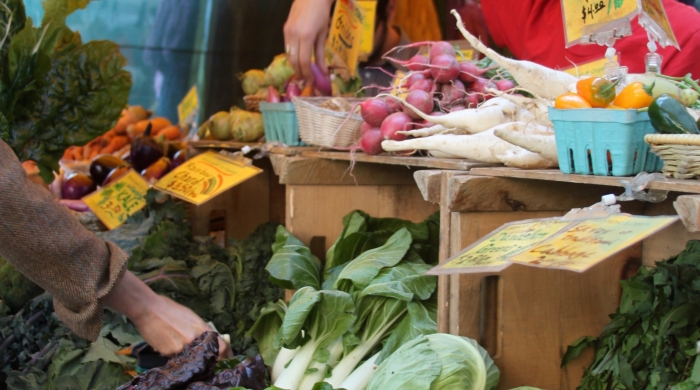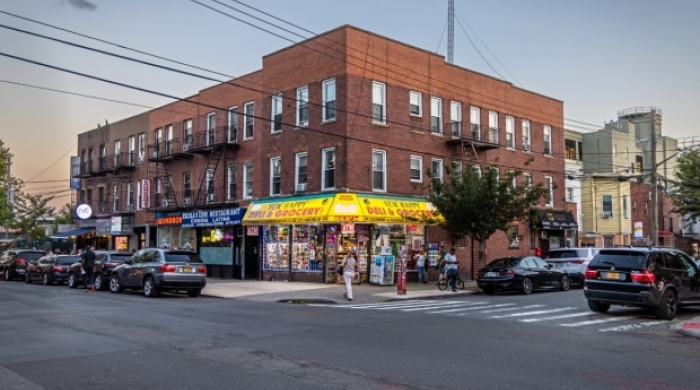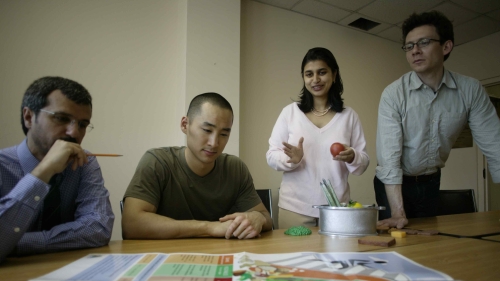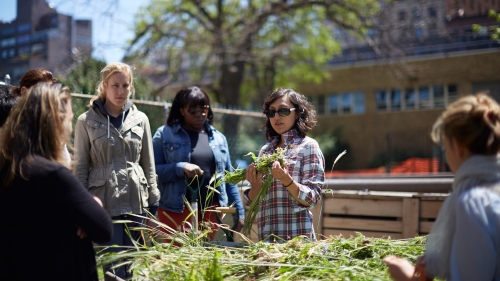The 2024 graduate participated in a panel on how food and eating can create community.
Sasha Dubose (BS ’24, Nutrition and Food Studies) participated in the inaugural Queer Food Conference held at Boston University on April 27 and 28. This hybrid in-person and virtual conference convened scholars, activists, artists, journalists, and food industry professionals to discuss what queer food is and what makes food queer.
Dubose’s participation also garnered them coverage in a New York Times article about the event, where they are quoted as saying that “queering food is ‘taking how we define food and how we engage with it and twisting it, making it more fun.’”
In addition to their nutrition and food studies major at NYU Steinhardt, Dubose double minored in social and public policy and politics. They were a panelist in a conference session called “Alone and Together: Making Community through Cooking and Eating.” The paper they submitted, called “Feeding Radical Love: Commensality’s Role in Queer Movement Building,” details their interest in exploring queerness as a political identity and how food is an essential part of radical love and community care.
“For my research, I interviewed eight different people on commensality, or the act of eating together,” says Dubose, who was one of the few undergraduates in attendance at the Queer Food Conference and the only one on their panel. “Our conversations and my paper expanded to include sharing eating spaces, as well as what are the spiritual and political significances when it comes to being queer and sharing meals in community with one another.”
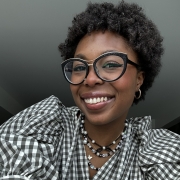
[Queering food is] taking how we define food and how we engage with it and twisting it, making it more fun.
In their paper, Dubose notes that commensality plays a large role in queer politics and radical love, using the lived experiences of their interviewees as a framework to delve into the deeper histories of queer politics, food, and identity. Contextualizing their analysis within reflections on personal experiences, they argue that commensality is not only rejuvenating, but an essential tool for queer community building and political action.
Priyanka Rajagopalan (MA ’24, Food Studies) also presented on the Feeling Radical Love panel. Her paper, called “Queer Food Cultures of India,” aimed to establish a concrete correlation between queerness and food culture in India by surveying queer individuals and communities and analyzing their relationships with food. The survey posits that queer people have inherently unique experiences of food that are complicated by factors such as economic mobility, social status by virtue of caste, and limited access to resources such as housing and education. Rajagopalan graduated from Steinhardt with her master’s degree in May.
Having finished their degree, Dubose will spend time with family in New Jersey before starting an apprenticeship with Harlem Grown. There, they will tackle both social media content as well as learn more about and participate in urban farming with the independent, New York City-based nonprofit. Harlem Grown’s mission is to inspire youth to lead healthy and ambitions lives through mentorship and hands-on education.
Related Articles
Nutrition and Food Studies Alum Glen Tobias on Keeping the Jets, the Sox, and Everyone Else Hydrated and Healthy
Glen Tobias (MS ’01, Clinical Nutrition) shares about his career as a nutritionist, from the NFL and MLB to private practice.
Nutrition and Food Studies Research Benefits New York Communities
This is the second in a series of articles highlighting how Nutrition and Food Studies faculty are combining research insights and applied expertise to bring positive change to New York City.
Online Food Shopping Exploded during the COVID-19 Pandemic. Can It Catch On with Bodegas?
Research by assistant professor of nutrition Angela Trude reveals that Bronx bodega owners and customers are excited about online shopping but say cost, technology, and trust are barriers.
Related Programs
Related Department
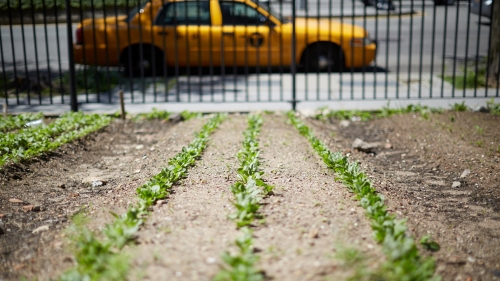
Nutrition and Food Studies
411 Lafayette Street, 5th Floor
New York, NY 10003
Phone: 212-998-5580
Email: nutrition@nyu.edu

